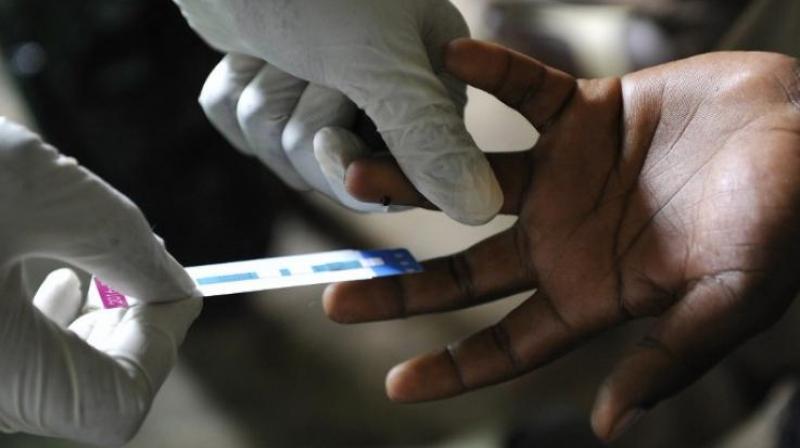New study finds abnormal sugar levels in youngsters
Irregular glucose levels begin in high school in urban areas.

Hyderabad: A year-long survey (September 2017 to August 2018) carried out by a private agency has found that teenagers and young adults across India have abnormal to borderline sugar levels.
The survey’s purpose was to study the changing trends in the prevalence of diabetes in various cities in India.
The survey took hospital data of people aged between 18 and 30 years to identify the prevalence of diabetes type 2 in the young urban population in India. More males were found to have abnormal sugar levels than females.
Around 10,000 samples were studied. The evaluation shows that 32 per cent of the under-20 age group were found to have borderline sugar levels putting them in the vulnerable and pre-diabetic stage. Some 26 per cent of females and 31 per cent of males had glucose levels which were not in the normal range.
The data was taken from hospital records of health check-ups and diagnostic tests carried out during out-patient and in-patient reviews in various centres across India.
Dr Leenatha Reddy J. senior paediatric endocrinologist at Rainbow Children’s Hospital in Hyderabad, explained, “The abnormal glucose level begins in high school in children in urban areas as they have zero physical activity. From morning to evening they are studying and there is comfort eating which leads to obesity and spikes up the sugar levels. This makes them vulnerable for diabetes at the young age of 18 to 20 years.”
Teenagers and young adults on the borderline are not put on any medication but are advised lifestyle changes, exercising daily, and eating a healthy diet of fruits, vegetables, green leafy vegetables, nuts and low-fat foods. They are advised to give up junk foods, white sugar and high calorie fat foods.
Dr G.V. Chanukya, senior endocrinologist, says that adolescent patients are difficult to guide in terms of effective diabetes self-management. “They are too young and often the food restrictions and maintaining the calorie count becomes a major challenge for them. In managing young diabetics, family support and helping them towards self-care play a larger role,” he said.

